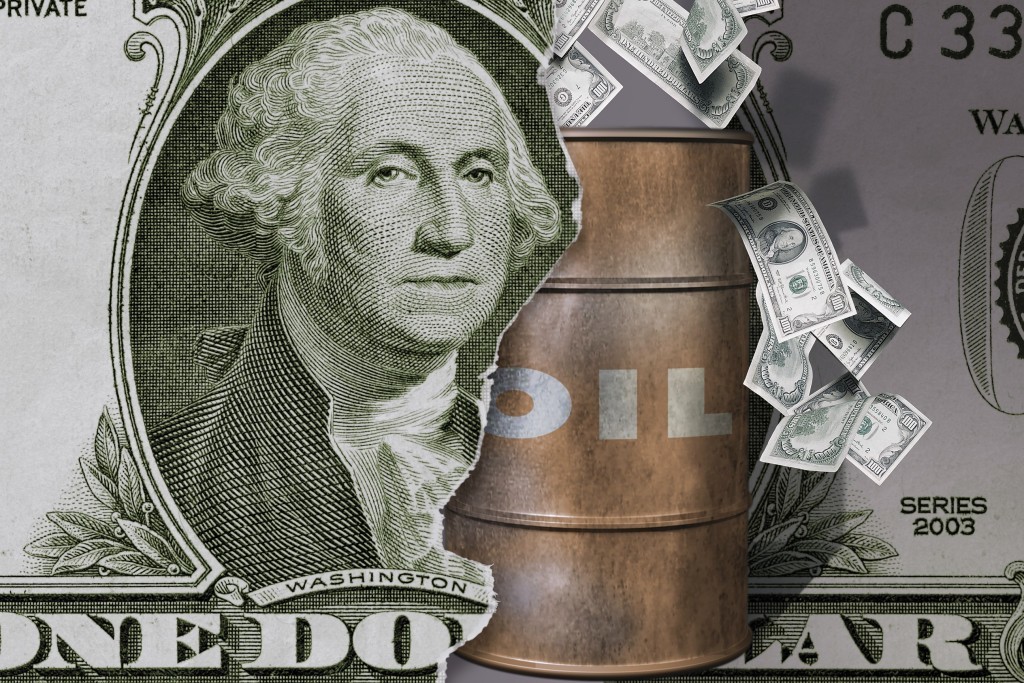
Oil extended declines after Iran said a proposal by Saudi Arabia and Russia for producers to freeze output was “ridiculous” as the Persian Gulf nation seeks to boost exports after years of sanctions.
Futures slid as much as 2.4 percent in New York.
The proposal to cap output at January levels puts “unrealistic demands” on Iran, Oil Minister Bijan Namdar Zanganeh said, according to the ministry’s news agency Shana.
Ali Al- Naimi, his counterpart from Saudi Arabia, said at a conference in Houston high-cost producers should bear the burden of reducing the current surplus and reaffirmed the kingdom’s commitment to last week’s accord.
“There won’t be a pact on output, there’s no possibility of that occurring because there are insufficient levels of trust,” Michael McCarthy, a chief strategist at CMC Markets in Sydney, said by phone.
“The market is still in surplus and will remain that way for some time.”
Crude is down 16 percent this year on speculation a global glut will persist amid the outlook for increased shipments from Iran and brimming U.S. supplies, which are at the highest level in more than eight decades. The nation’s stockpiles expanded by 7.1 million barrels last week, the industry-funded American Petroleum Institute was said to report Tuesday.
West Texas Intermediate for April delivery fell as much as 77 cents to $31.10 a barrel on the New York Mercantile Exchange and was at $31.18 at 1:06 p.m. Hong Kong time. The contract for that month lost $1.52, or 4.6 percent, to $31.87 on Tuesday. Total volume traded was about 33 percent above the 100-day average. Prices lost 30 percent last year.
Brent for April settlement slid as much as 56 cents, or 1.7 percent, to $32.71 a barrel on the London-based ICE Futures Europe exchange. Prices fell $1.42 to $33.27 on Tuesday. The European benchmark crude traded at a premium of $1.71 to WTI.
“We are in the situation where we will continue to have an oversupplied market,” Victor Shum, a vice president for Asia Pacific at IHS Inc., said in a Bloomberg Television interview Wednesday. “In the coming weeks and months, oil prices will likely be low.”
Saudi Arabia, Russia, Venezuela and Qatar reached a preliminary agreement in Doha to freeze output if other states join them.
The accord marks “the beginning of a process” that will continue with further talks between producing countries in March, according to Al-Naimi.
Iran is seeking to boost production by 1 million barrels a day this year after sanctions were lifted last month.
Saudi Arabia won’t reduce production because it doesn’t trust other countries to join in, Al-Naimi said in Houston. Cutting low cost output to subsidize higher cost supplies only delays an “inevitable reckoning,” he said.
Crude stockpiles at Cushing, Oklahoma, the delivery point for WTI and the biggest U.S. oil-storage hub, increased by 307,000 barrels last week.
Nationwide supplies probably rose by 3.25 million barrels, a Bloomberg survey shows before data from the Energy Information Administration.